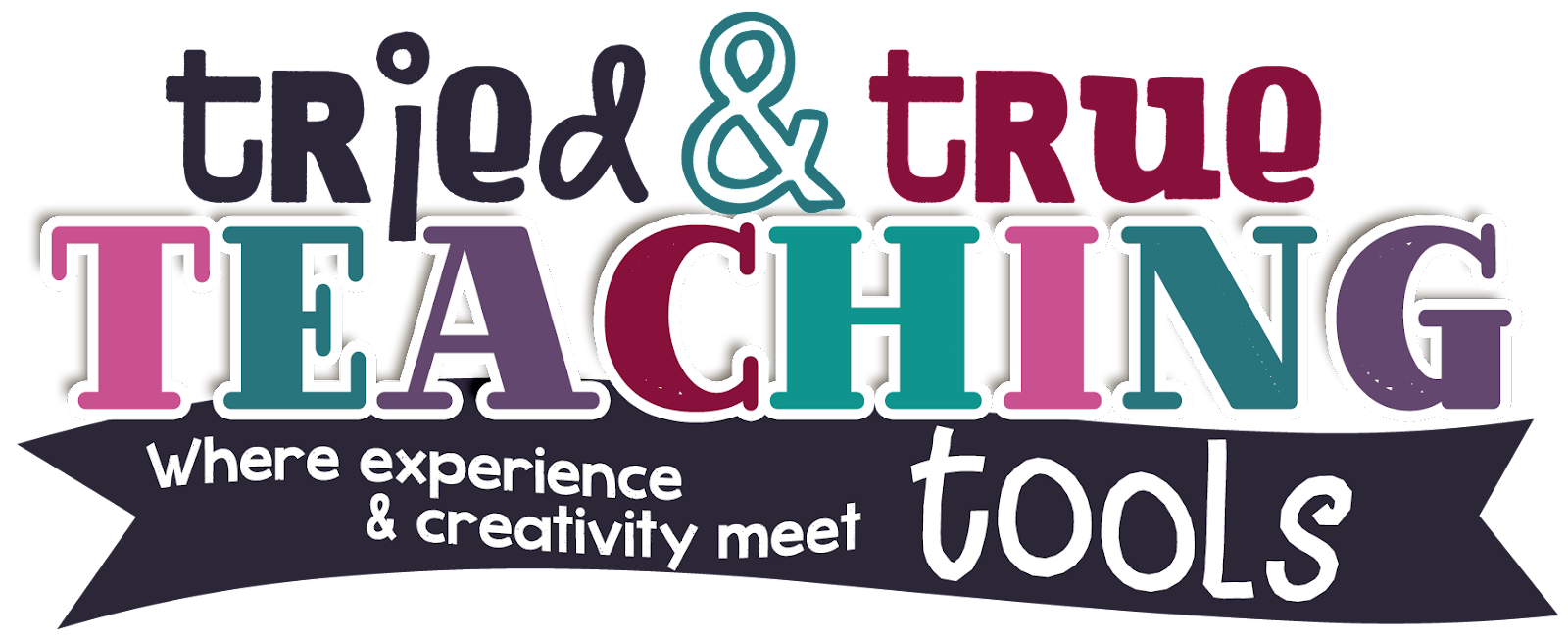The overwhelming majority of teachers went into education to make a difference, share their love of learning, and to help students reach their potential. (Not sure who those 4% are that went into teaching for the earning potential?!)
Welcome to Part 3 of The Well-Balanced Teacher. If you missed the first two parts, you can read about them here and here.
Take Notice of the Little Things
Keep a Gratitude Journal: take 5 minutes at the end of each day to jot down some positive moments of the school day. It can be about the student who finally mastered his math facts. Or a lesson where all your kids were engaged. Or a comment from a parent about how her child can't stop reading at home because of you. Keeping a journal will train you to notice the little things, as well become a collection of significant events. (Be sure to date your entries!)
Collect Artifacts
A note from your administrator, complimenting you on room environment or a good lesson is worth saving. I have a file folder full of notes and cards from parents and students, telling me I made a difference. I've even printed emails from parents that touched me. These artifacts will remind you of your purpose (& they're great to pull out & reread after a particularly rough day at school)! One reason I love Facebook is that many former students (now adults) have found me. I just got this message last month:
This sweet former 2nd grader is now a doctor in her second year of anesthesiology residency at Stanford!! Oh my goodness!! The fact that she took the time from her busy adult life to "find me" brought me to tears! We never know what little things will make an impact on our students! (Savor these!)
Find Significance in School
Outside our classroom walls, we can have purpose as a leader within our schools! Some ideas:
- Join a Committee & Work Toward a Cause
- Mentor or Coach a New Teacher
- Take on a Student Teacher
- Become a Team Leader
- Offer a Parent Workshop
A Word to the Wise: Do NOT Sell Yourself Short! Too often teachers take on too much (GUILTY!!) We need to be careful not to take on so many responsibilities without fair compensation. Otherwise, we may end up feeling unappreciated and undervalued, which is the opposite of feeling significant!
Work Within the Broader Educational Community
Outside the school walls, there are ways to be an educator with purpose:
- Write a Journal Article (Do informal teacher research with your class, then write about it! We all love to learn from each other!)
- Create a Blog (Hmmm. . .did not realize I was looking for significance when I started this blog, but maybe something I share will help other teachers and their students?)
- Teach a Workshop: sharing with other teachers is a great way to help more students!
Find Your Teacher Voice
I've seen many trends in education in the last few decades, but the most alarming has been the forced implementation of scripted programs, thereby taking away teacher judgment and creativity. This lack of choice and control has teachers stressed and feeling like we are not professionals. However, be cautious: not all parts of all scripted programs are bad. Anderson advises, "Take that scripted program and identify the good stuff tucked in there; then use that good stuff to enhance your own teaching." You went into teaching to make a difference and you are a trained professional: be confident in this! A good way to remember your WHY is to articulate an ideal vision: what do you believe and what do you want to create din your classroom? What would this look like?
One of my mentors and gurus is educator, Regie Routman. An earlier book of hers, Literacy at the Crossroads, really changed my views on teaching. I was so single-minded, focused on my own class, my own teaching, my own students, yet grumbling about the latest District mandates. "By informing teachers about what's really happening in our schools, Routman opens up the educational dialogue and disproves some of the misconceptions that threaten good practice. She describes and clarifies critical concerns, suggesting actions we must take so that, in her words, 'we can continue to do what's right and best for children.' What's needed are teachers who are clear about their goals and outspoken about their beliefs." Routman feels teachers are too often quiet and we let decisions happen to us (schools); we need to speak up!
Put Together a Professional Portfolio
A former principal of mine believed in looking at the "whole teacher," rather than just observing twice a year, every other year to determine teacher effectiveness. Thank goodness! She allowed our staff to choose a traditional stull evaluation or to put together a teacher portfolio. What a choice! I was so excited to put together a professional portfolio, to showcase all that I'd been doing as an educator: in the classroom with my students, as well as how I was making a difference in my school community. Several teachers chose the portfolio option & we met monthly to share artifacts and reflections, determining whether we were demonstrating growth and/or excellence. My sense of purpose and significance was made clear (to myself, as well as my principal), as I wrote a vision statement and philosophy about teaching, gathered artifacts, and reflected upon myself as an educator. I appreciated the difficult process, gaining a sense of empathy with my students and their learning portfolios! And each year my classes LOVE seeing my past professional portfolios, knowing that I go through the same process to improve as they do.
How do you teach with a sense of purpose? What can you do differently to show significance? I'd love to hear from you! Stop on by again on Friday for Part 4!







No comments
Post a Comment